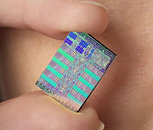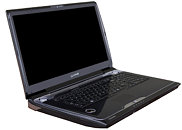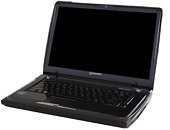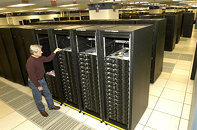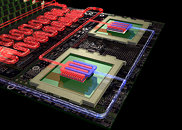
GLOBALFOUNDRIES Details Advanced Technology Aimed at 22 nm and Beyond
GLOBALFOUNDRIES today described an innovative technology that could overcome one of the key hurdles to advancing high-k metal gate (HKMG) transistors, bringing the industry one step closer to the next generation of mobile devices with more computing power and vastly improved battery life.
The semiconductor industry is celebrated for overcoming seemingly insurmountable odds to continue the trend toward smaller, faster, and more energy-efficient products. Performed in partnership with IBM through GLOBALFOUNDRIES' participation in the IBM Technology Alliance, the new research is designed to enable the continued scaling of semiconductor components to the 22 nanometer node and beyond.
The semiconductor industry is celebrated for overcoming seemingly insurmountable odds to continue the trend toward smaller, faster, and more energy-efficient products. Performed in partnership with IBM through GLOBALFOUNDRIES' participation in the IBM Technology Alliance, the new research is designed to enable the continued scaling of semiconductor components to the 22 nanometer node and beyond.




